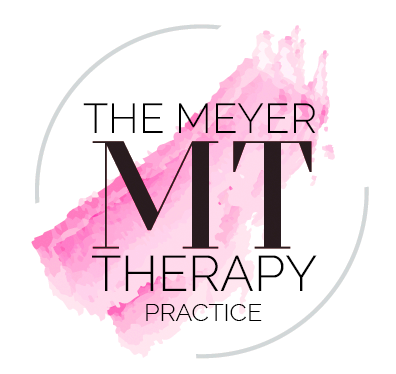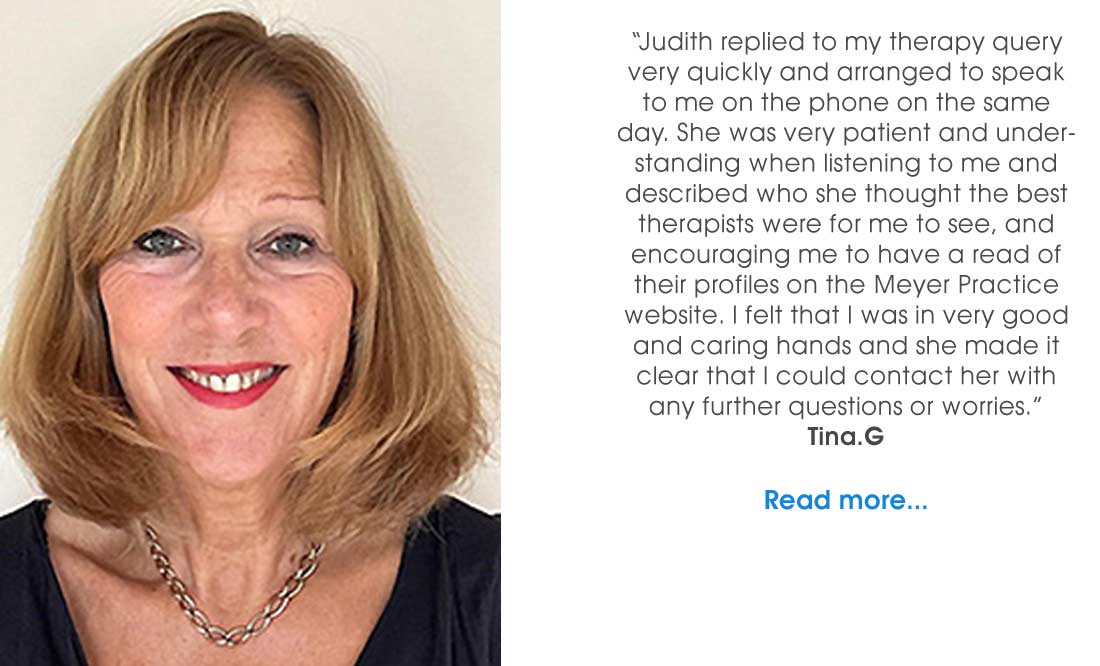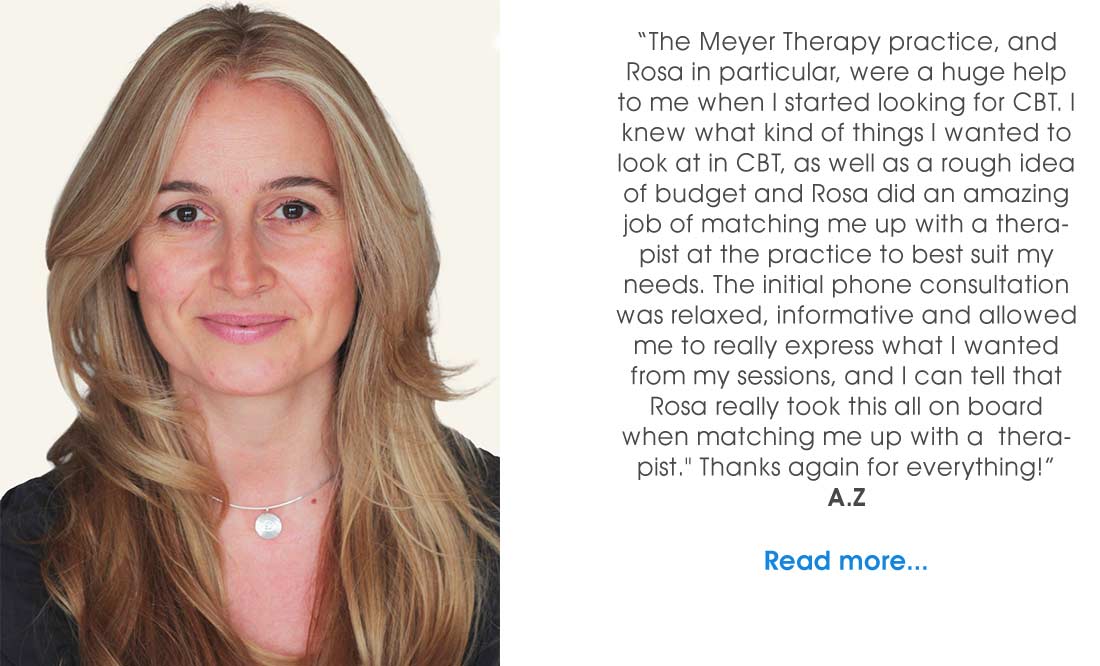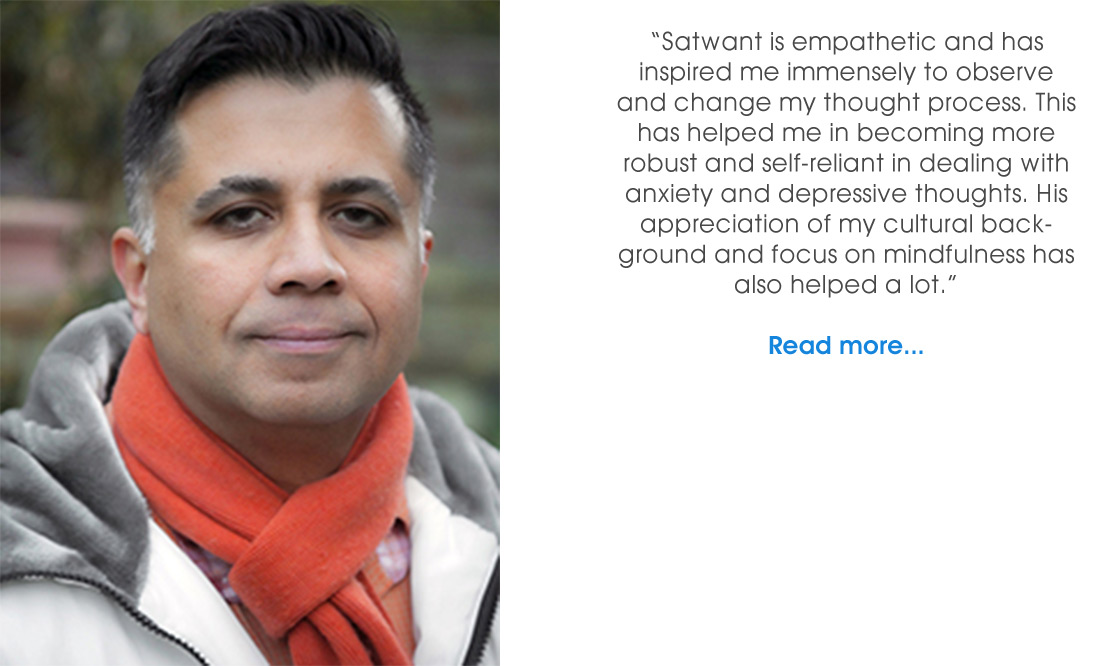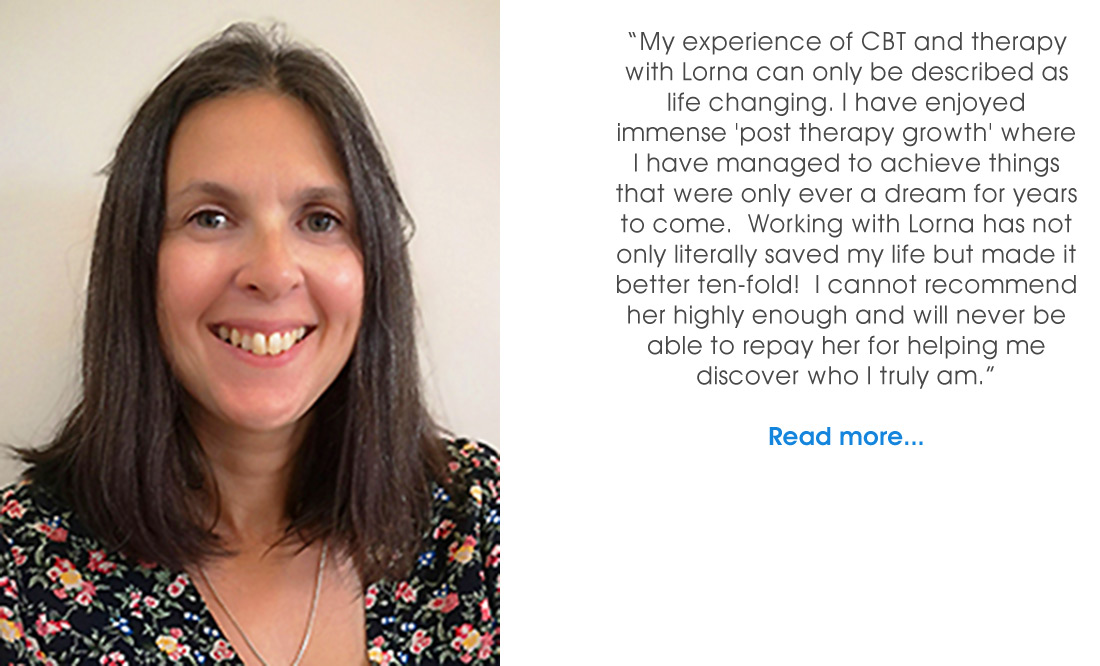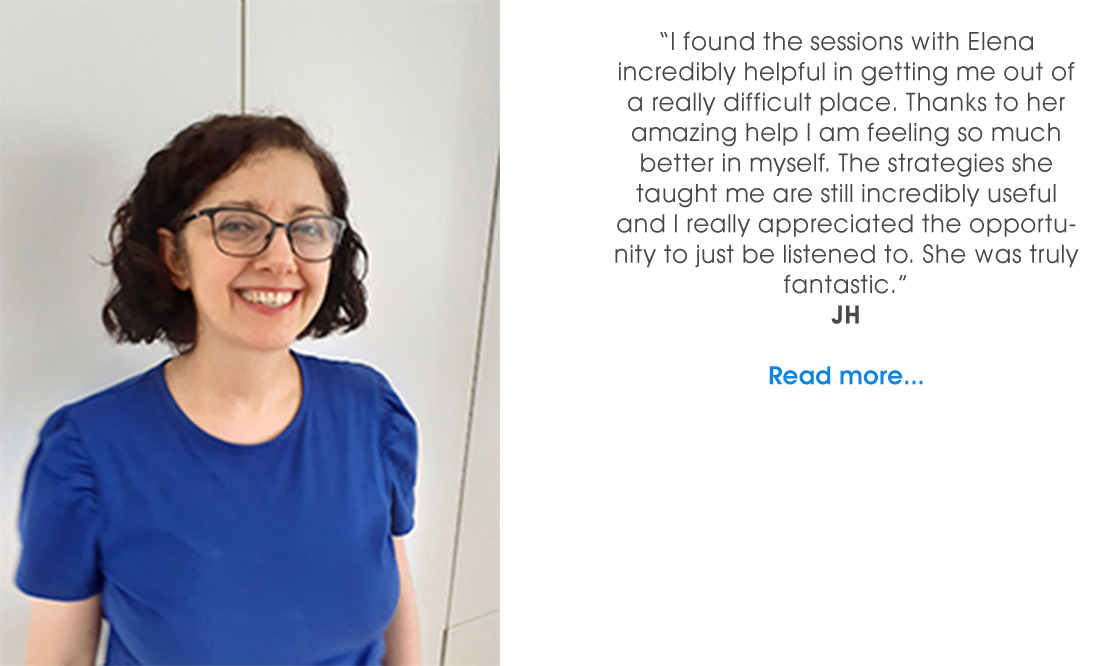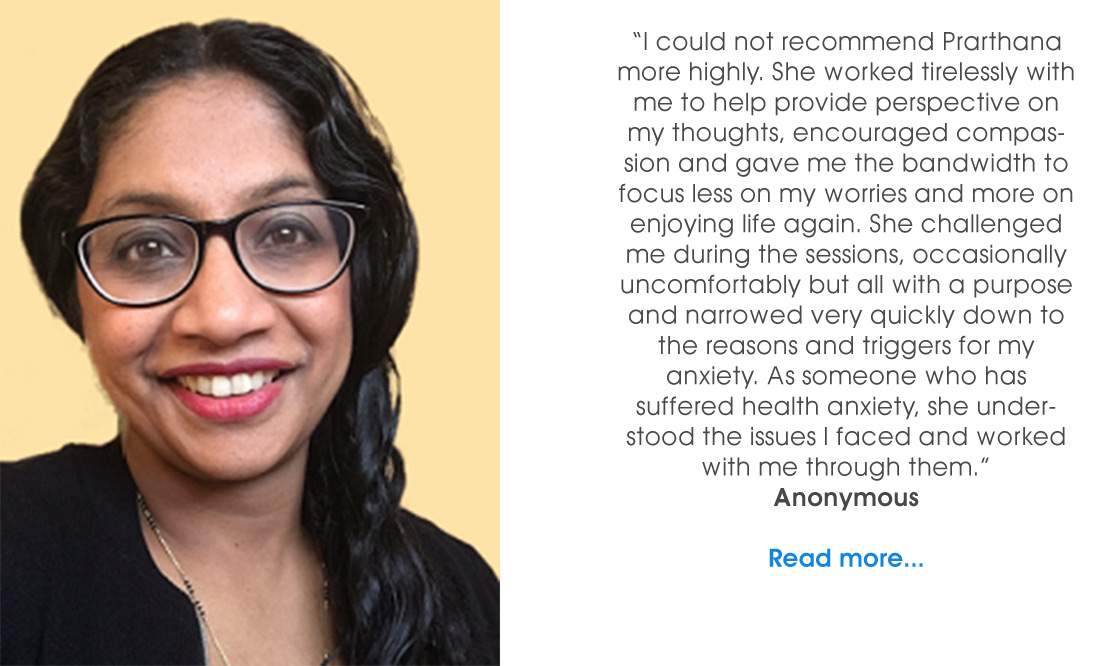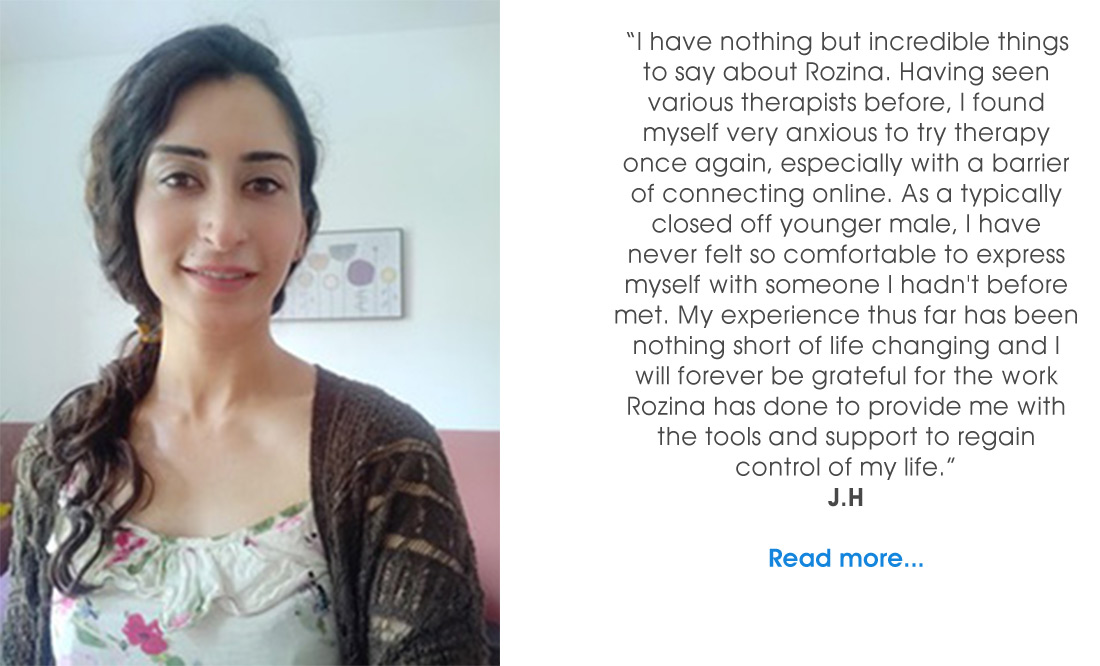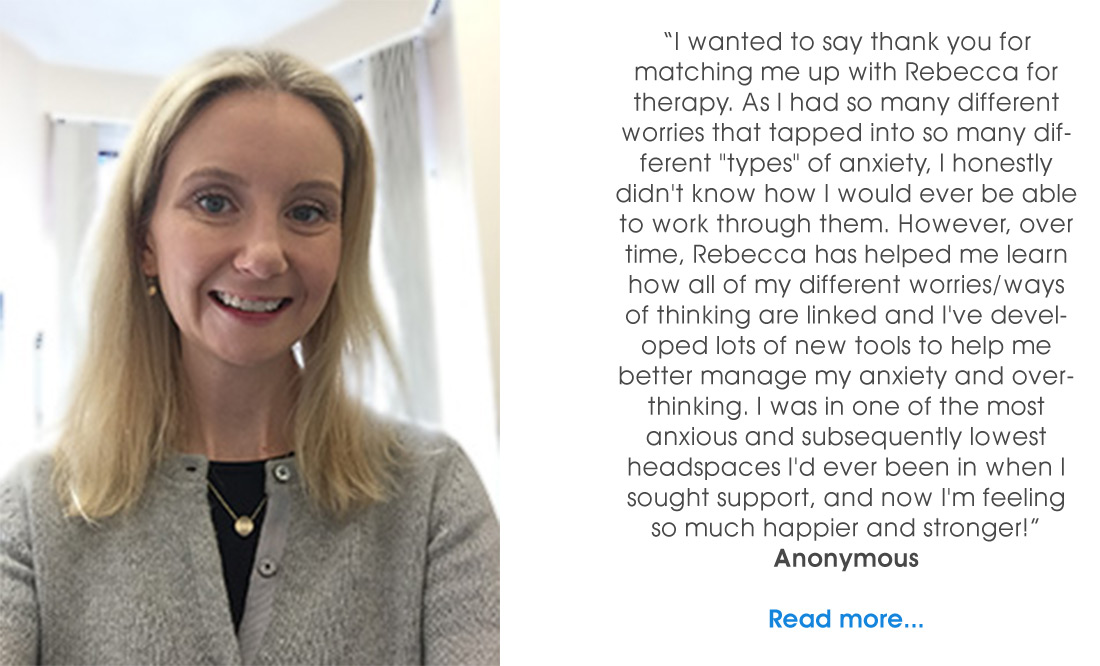Managing Uncertainty
With everything that is happening in the world at the moment, it is very easy to feel overwhelmed. Many people are struggling with feelings of anxiety, sadness, anger, despair, panic – or a whole combination of difficult emotions. There are very real external reasons to be finding things hard right now, on top of all our usual daily obligations and stresses: work, school, relationships, health, money, and so on.
It is entirely understandable to be feeling the world weighing especially heavy. After all, we are faced a whole collection of crises: the pandemic, violent conflict around the world, political and economic turbulence, climate change. These are huge, daunting problems, and none of us can figure them out on our own, nor can we magic them away.
One element in all of this that many of us find particularly difficult is uncertainty: no one can know the future or have any guarantee that things will work out the way we want them to. However hard we might try to stay in control of our lives, and however much we might tell ourselves that we can do away with feelings of doubt and insecurity if we only try harder, work harder, do “better”, the reality is that many things are beyond our control and the more we try and control it the more anxious we feel.
Facing the things we can’t control can be very hard, and many people find that they become anxious or depressed, or that harmful coping mechanisms get exacerbated: for example, disordered eating, addictions, or obsessional behaviours.
This is where therapy can provide real support. Having the space and time to think through problems with a skilled, sympathetic therapist can make a powerful difference to how we feel, and strengthen our ability to cope with difficult experiences. It is however also important to not just talk about it but to learn the skills and tools to manage difficult feelings including anxiety and uncertainty. This is where our associate therapists can be of help.
Therapy can help us to feel more grounded, calmer and more present in our bodies with skills like mindfulness and self-compassion, enabling us to become more aware of what we can – and what we can’t – control.
What’s more, when we are better able to understand and cope with our feelings, and when we have more patience with ourselves, we can also find that we have more energy and capacity to change what we do have the power to change.
Meyer Practice
